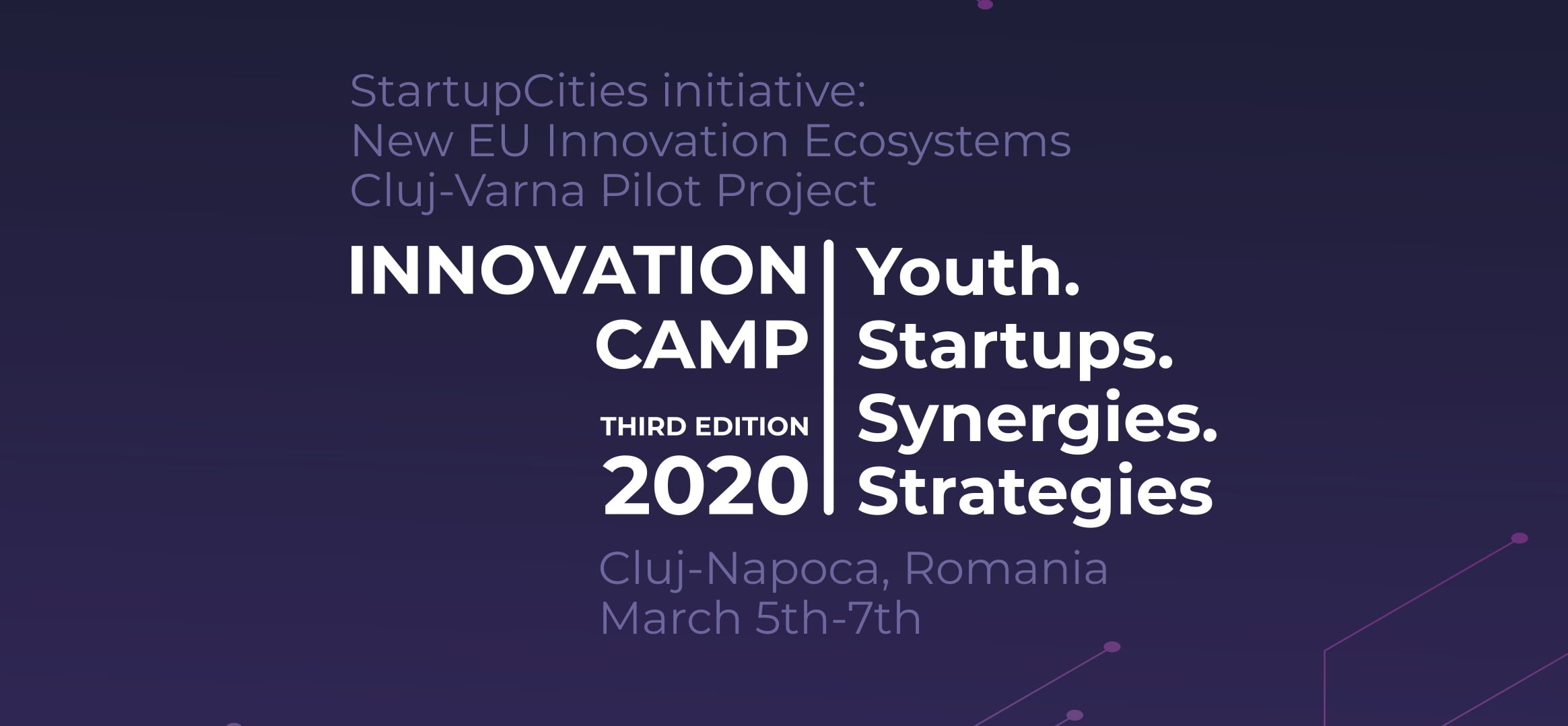
Startup City & Innovation Camp Cluj Napoca
Last week we had the pleasure to participate at two great events organized in Cluj Napoca, Startup City & Innovation Camp, organized by Cluj-Napoca Municipality, with the support of Transilvania IT Cluster, Cluj Startups and other regional relevant actors from the startup ecosystem.
Startup City Cluj Napoca (which took place on the 5th of March) had the intends to strengthen cooperation and synergy between regional ecosystems, as well as foster innovative solutions that improve citizen wellbeing, this event series marking the third stage of the Cluj – Varna strategic partnership, a pilot project dedicated to strengthening startups’ cooperation between the two cities held under StartupCity Europe Partnership, “SCEP StartupCities”, a worldwide pioneer bottom-up initiative powered by the European Commission.
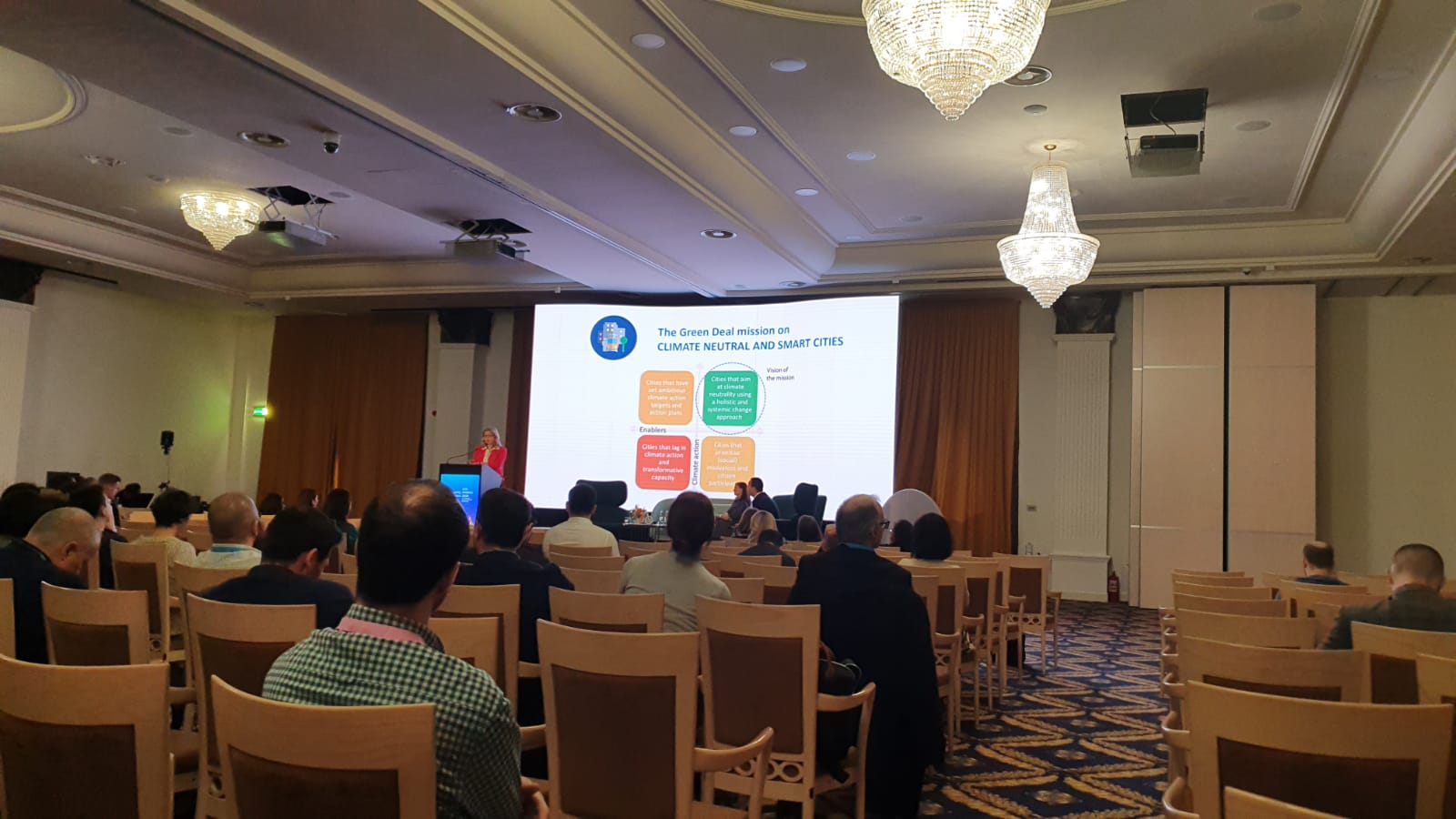 Opening Session highlights included introductory remarks from Mariya Gabriel, European Commissioner for Innovation, Research, Education and Youth, Emil Boc, Mayor of Cluj – Napoca and Ivan Portnih, Mayor of Varna, who brought forth the joined strategic partnership between the two local startup ecosystems. Mr. Isidro Laso, European Commission, Deputy Head of Innovation Ecosystem Unit, Arturo Villar Menendez, coordinator of StartupCities initiative, Bianca Muntean, Transilvania IT Cluster manager and Innovation Camp facilitator, Dimitar Vasilev, president of Bulgarian Business Forum and Ovidiu Cîmpean have also joined the session.
Opening Session highlights included introductory remarks from Mariya Gabriel, European Commissioner for Innovation, Research, Education and Youth, Emil Boc, Mayor of Cluj – Napoca and Ivan Portnih, Mayor of Varna, who brought forth the joined strategic partnership between the two local startup ecosystems. Mr. Isidro Laso, European Commission, Deputy Head of Innovation Ecosystem Unit, Arturo Villar Menendez, coordinator of StartupCities initiative, Bianca Muntean, Transilvania IT Cluster manager and Innovation Camp facilitator, Dimitar Vasilev, president of Bulgarian Business Forum and Ovidiu Cîmpean have also joined the session.
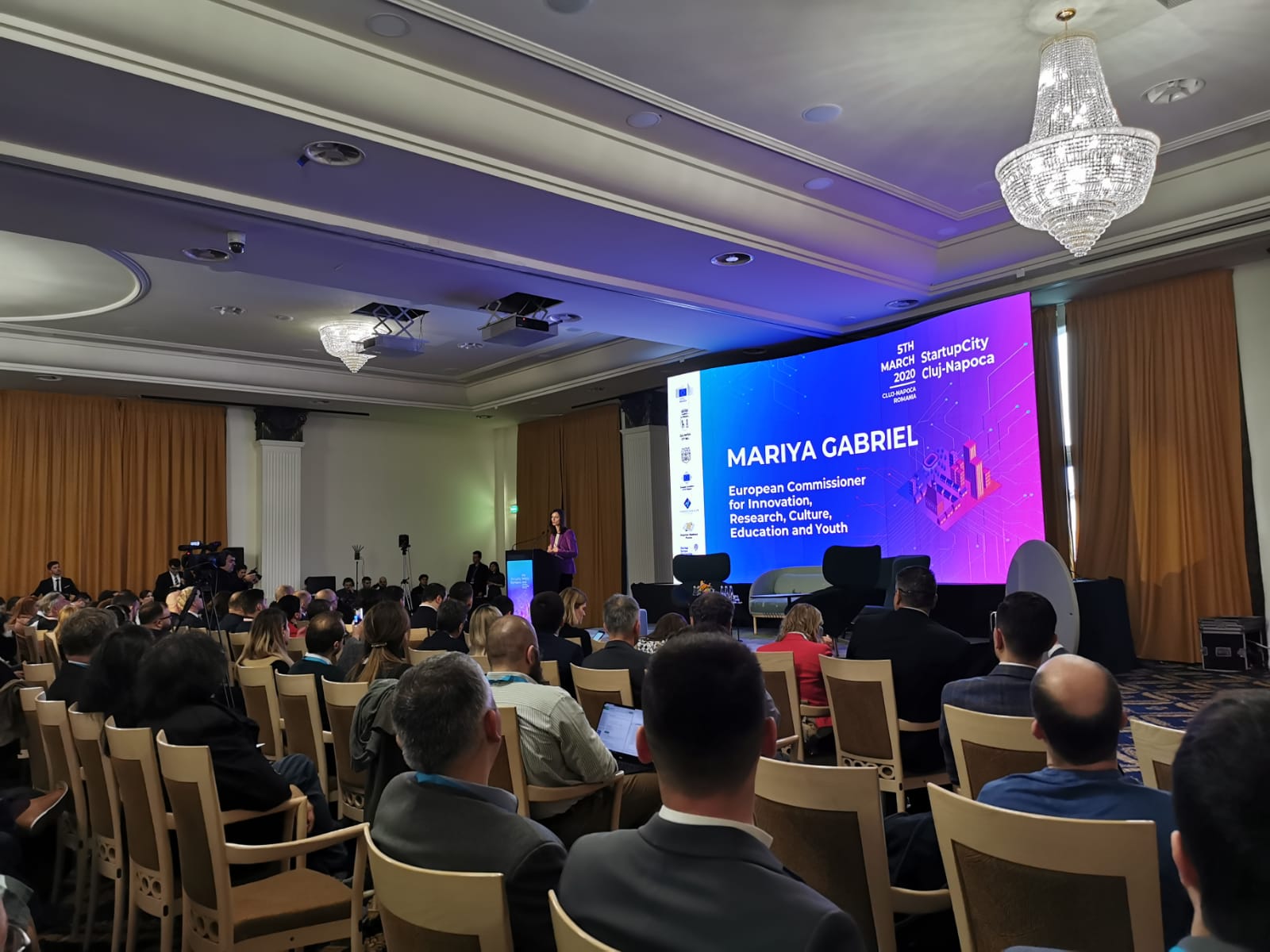 An important point of view to start from wag given by Ms. Mariya Gabriel: “Innovation by essence is local! How can we create the best conditions for our talents to thrive?! We need to motivate the brightest minds to stay in or return to Europe! We also need to attract foreign talents to complement existing and future capabilities. We need to ensure that we can profit from the positive effects of brain tissue collection, while reducing the negative effects of brain drain. What is needed is a comprehensive satisfaction on different levels. We need investment and funding opportunities. At the same time, enabling framework conditions for our talents to serve searches, innovative thinkers, or creative entrepreneurs to work and live in Europe.“
An important point of view to start from wag given by Ms. Mariya Gabriel: “Innovation by essence is local! How can we create the best conditions for our talents to thrive?! We need to motivate the brightest minds to stay in or return to Europe! We also need to attract foreign talents to complement existing and future capabilities. We need to ensure that we can profit from the positive effects of brain tissue collection, while reducing the negative effects of brain drain. What is needed is a comprehensive satisfaction on different levels. We need investment and funding opportunities. At the same time, enabling framework conditions for our talents to serve searches, innovative thinkers, or creative entrepreneurs to work and live in Europe.“
She also affirmed that “My presence here is a support for more innovation ecosystems at the local level, a support to show that cities are key players in this knowledge economy. Europe and all European cities are facing the same challenges. We have to tackle climate change, we have now to give answers to the digitalization, we have to give answers to our demographic challenges, and that’s why when we have for a first time this knowledge triangle – Education, Research and Innovation united, when we have good examples like this one in Cluj, we are encouraged.”
The given context was also a great opportunity for the local startup community (represented by Mircea Vădan, Founder Cluj Startups) to announce the StartupCity Cluj Manifesto, a common vision for the Future of Cluj – Napoca: “the Manifesto outlines what any organization can offer: to efficiently use the resources, to support each other, to work synergically and to mobilize all together in order to harness all the given oportunities”
The second part of the event, Innovation Camp, reunited in Cluj-Napoca 70 international, national and local experts who, for the duration of two and a half days, had developed and proposed solutions to four identified challenges presented to them:
- Challenge 1: Climate Change / Eco Tourism and Eco industry. Developing a place like a best for Eco Tourism and Eco industry. Owner: Cluj-Napoca City Hall / Varna
- Challenge 2: How to turn a city/village into an attractive location for start-ups and attracting investments and big companies. Owner: Varna Ecosystem
- Challenge 3: Building and Boosting the Ecosystem for Startups at Local Level as DIH. Owner: Transilvania IT Cluster
- Challenge 4: How to put together a local/regional Investment Fund. Owner: Cluj and Varna Ecosystem
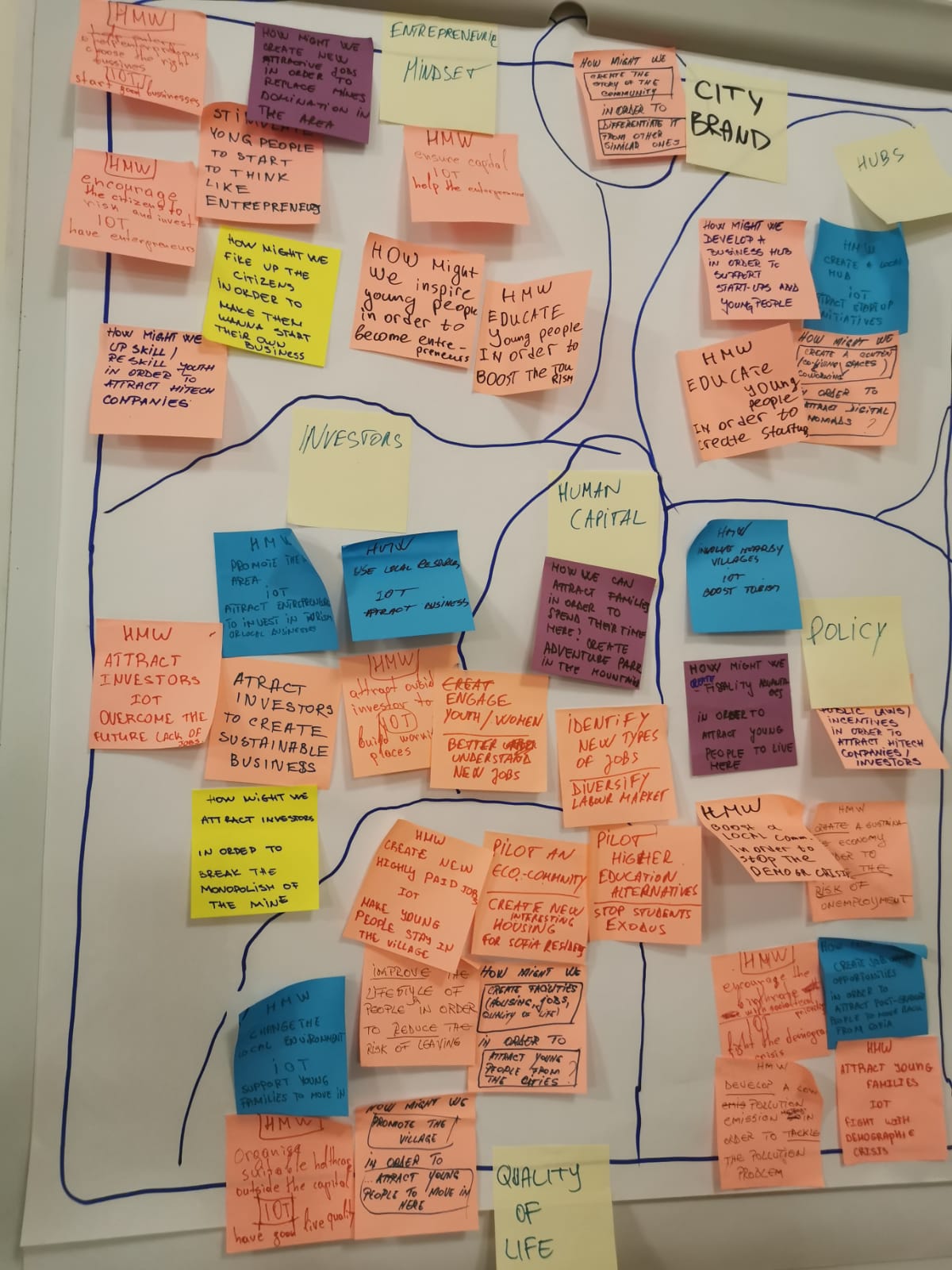 The event reunited experts who aim to contribute by proposing policy challenges related to startups, by offering solutions to challenges at EU level and mechanisms to successfully address societal challenges. The best experts were engaged from within the Q-helix (academia, business, public authorities, nonprofits) offering practical and applicable solutions that could be implemented, replicated and rescaled at the end of the ideathon.
The event reunited experts who aim to contribute by proposing policy challenges related to startups, by offering solutions to challenges at EU level and mechanisms to successfully address societal challenges. The best experts were engaged from within the Q-helix (academia, business, public authorities, nonprofits) offering practical and applicable solutions that could be implemented, replicated and rescaled at the end of the ideathon.
For (part) of the Rubik Hub team it was another great opportunity to connect or reconnect with professionals from the ecosystem, to learn from others’ experiences and to share good practices!
